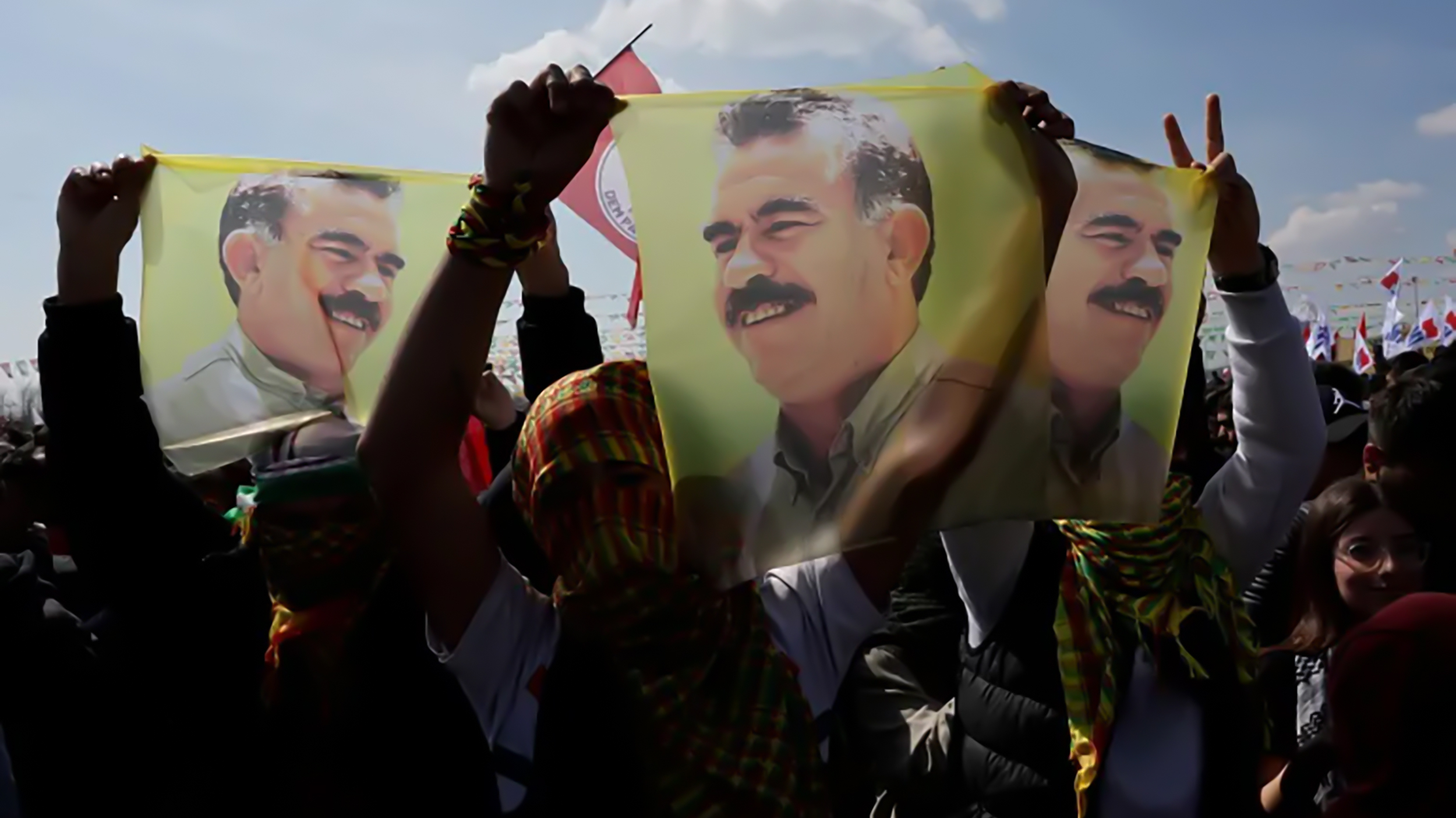
On 12 May 2025, the Kurdistan Workers’ Party (PKK), which has waged an armed struggle against the Turkish state since the mid-1980s, officially announced its decision to lay down its arms and dissolve its organisations, ending a bloody era that over more than three decades cost Turkey some 40,000 lives and an estimated 3 trillion Turkish lira.
Although the PKK insurgency peaked in the late 1990s and a long-term ceasefire was concluded in 2012, recent years had seen a renewal of armed activity. In July 2015, the Islamic State bombed a gathering of a PKK-affiliated group. In response, the PKK launched a series of attacks on the Turkish army and police positions and then organised a large-scale armed rebellion in the southeast, engaging in fierce clashes with Turkish security forces and causing extensive destruction in the area before the rebellion was quelled.
The historic PKK decision is the culmination of a reconciliation process launched in October 2024 by Devlet Bahceli, head of the Nationalist Movement Party and an ally of the ruling Justice and Development Party. As part of the initiative, various Kurdish delegations were allowed to meet with Abdullah Ocalan, the founding leader of the PKK, in prison, among them leaders from the People’s Democratic Party, a Kurdish party closely linked to the banned group. The ensuing dialogue prompted Ocalan to issue an appeal in late February calling on the PKK to disband, arguing that the struggle for Kurdish rights in Turkey would be better continued through civil and democratic means.
Several factors facilitated the reconciliation process. The PKK sustained heavy blows following the 2015 rebellion, and several party leaders had already begun to realise that armed struggle was no longer effective, especially after the PKK abandoned its demand for an independent Kurdish state in the 1990s. Moreover, after all these years, the party had failed to achieve widespread Kurdish popular support, even in Kurdish communities that prioritise cultural identity. Finally, shifts in the Levant over the past two years played a role. With the fall of the Assad regime in Syria, Iran’s strategic retreat in the region, and growing indications of an imminent US withdrawal from eastern Syria, the Syrian People’s Protection Units (YPG)—the PKK’s Syrian branch and its sole success story—is increasingly unable to maintain its position in northeast Syria.
Nevertheless, progress toward a solution and disarmament will not necessarily proceed smoothly. As the PKK’s organisational structures are dissolved and its cadres begin to leave the party’s stronghold in the Qandil Mountains, a small band within the party may break with the decision and resume armed action, much like the wing of the Irish Republican Army that opposed the peace agreement in Northern Ireland in the 1990s. But these will likely be marginal voices and so will have little impact on the future of relations between the Turkish state and Kurdish society.
The demilitarisation of the Kurdish issue will lift a heavy burden from the Turkish state, with broad financial, economic, security and social implications. It will offer a tremendous opportunity to develop the country’s southeast region, which occupies an intermediate position between Iraq, Syria and Iran, transforming it into another feeder for Turkey’s economic renaissance.
The end of the conflict between the state and the PKK is also expected to strengthen Turkey’s democratic process and loosen the state’s grip on the public sphere. The restrictive laws aimed at containing and combatting the PKK can be gradually revised, the political arena can be expanded, and even more measures can be enacted to respond to the cultural demands of the Kurdish community. These legislative reforms could also help defuse long-standing tensions in Turkish-European relations and thus promote closer cooperation between Turkey and the European Union.
The decision to dissolve the PKK is also bound to have repercussions for the status of its allied organisations in Syria, especially if the US withdraws from eastern Syria. Certainly, if a sustainable settlement is reached on the Kurdish issue in northeastern Syria—one satisfactory to all parties in the region—the door will be wide open for further Syrian-Turkish cooperation.
In Iraq, the PKK’s evacuation of its bases in northern Iraq and the end of its military activities should pave the way for the revival of civic peace to all disputed areas, the return of displaced persons on both sides of the Iraqi-Turkish border, and perhaps even the withdrawal of Turkish forces from their positions in Iraqi Kurdistan. The PKK’s exit from northern Iraq will also likely strengthen the power and control of the regional government in Erbil over Kurdish affairs, which should create a more secure environment for economic and trade integration between Iraq and Turkey.
*This is a summary of a policy brief originally written in Arabic available here.